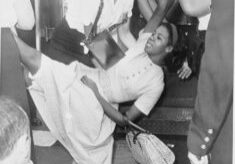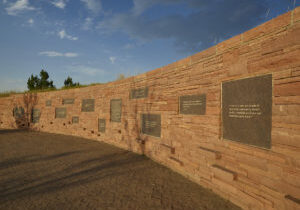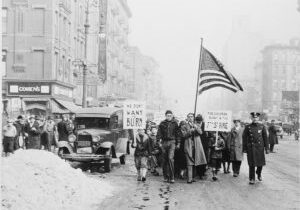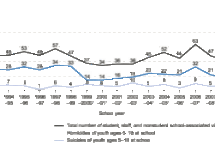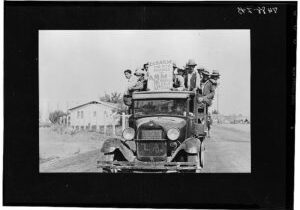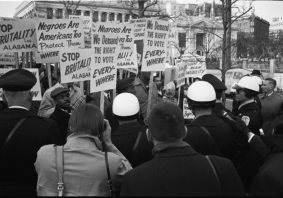Lesson Plans
The Scientific Method, School Shootings, and Civic Action
Students make connections between scientific method of thinking and the rights of the American democracy established by the Constitution regarding civic action. Integrating scientific thinking with civic content, students experience the connection between methods of scientific analysis and civic action. Next, students examine the history of school safety in this country, school related violence and death, and legislative efforts to improve school safety. Students then generate questions, draw conclusions and develop their own plan to use data for civic action.
Data Analysis to Drive Civic Action
Students consider civic action through primary source analysis, then examine and interpret data and use knowledge of civic life, politics, and government to discuss potential civic engagement.
Dolores Huerta: Inspiring Civic Responsibility
Students explore the experiences of Mexican-American farmworkers in the United States and learn about how they – especially through the leadership of Dolores Huerta and the United Farm Workers – worked with others for improvements in pay and working conditions, as well as respect for their civil rights. Students analyze primary sources that document working and living conditions at different times in order to build context and then analyze additional sources that highlight the contributions of Dolores Huerta, including a poem written to celebrate her work. Finally, students write a poem, speech, or letter to the editor about a social movement (past, present, or future) that inspires them to fulfill their civic responsibilities.
Selma & Voting Rights: Standing Up for Equality
Through inquiry into primary sources, students discover a story of citizens shaping and sustaining our democracy through civic action and will contemplate the import and impact of citizens who strive for equality. This lesson may be used prior to reading a fictional work or poem related to the civil rights movement or in conjunction with a close reading of Lyndon B. Johnson’s March 15, 1965 voting rights address to Congress (in whole or in part).
- « Previous
- 1
- 2
